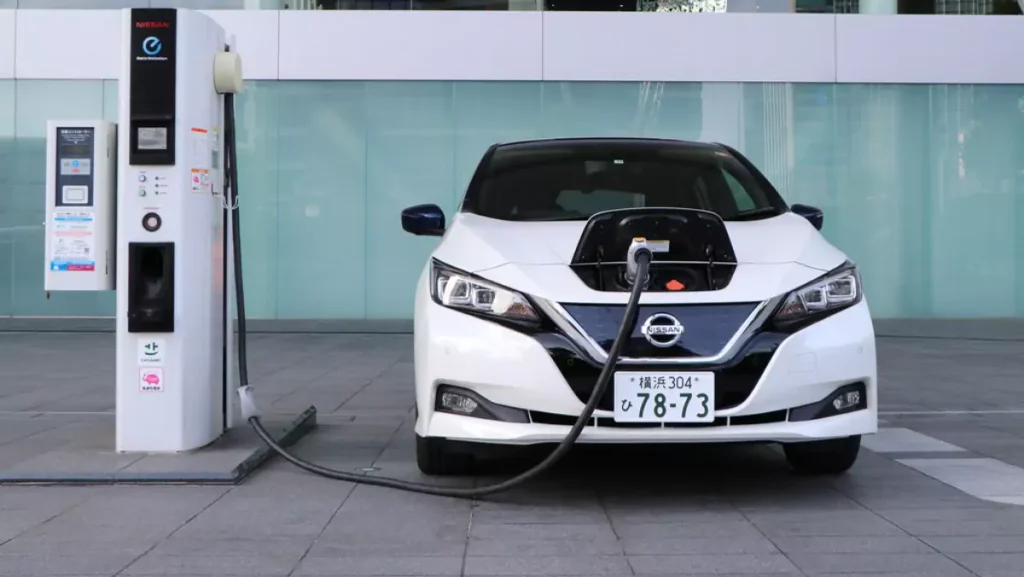Nissan Motor Company has announced a significant new research collaboration with Tsinghua University, one of China’s top academic institutions, as part of the automaker’s plans to accelerate the development and export of electric vehicles produced in the country.
The partnership was unveiled during a briefing in Beijing, where Nissan Motor Vice President and President of Nissan China, Masashi Matsuyama, outlined the strategic objectives of the agreement. Matsuyama explained that through the collaboration, Nissan intends to leverage China’s robust manufacturing base, supply chain ecosystem, and talent pool to support the design, engineering, and production of its next-generation electric vehicles.
As the centerpiece of the reinforced research collaboration, Nissan will establish an entirely new state-of-the-art joint laboratory and engineering center with Tsinghua University slated to begin full operations in early 2023. Located near Tsinghua’s main campus in Beijing, the new 53,000 square meter facility represents a ten-fold increase in research space compared to Nissan’s existing R&D sites in China.

Nissans Plan
Through the joint center, Nissan and Tsinghua researchers will focus on conducting ambitious new projects focused on battery technology development, vehicle electrification strategies, intelligent driving systems, next-level mobility solutions, and sustainable transportation infrastructure innovation over the coming decade. Key areas of study will include lithium-ion battery chemistry optimization, ultra-fast charging protocols, vehicle-to-grid integration, autonomous driving algorithms, mobility big data analytics, and smart city planning initiatives designed to support widespread electric vehicle adoption.
Matsuyama outlined plans for the research alliance to catalyze the launch of over 15 all-new electric car models under the Nissan and Infiniti brands to be exclusively manufactured in China between now and 2027. These new BEVs and PHEVs will range from compact hatchbacks and sedans to SUVs and minivans, with price points aimed at every important mainstream vehicle segment across China and export markets.
In addition to developing new electric vehicles, Nissan also intends to leverage the research collaboration to export EV technologies pioneered through joint work with Tsinghua University to global markets. A key objective is to use China’s dominant position in battery and electric powertrain manufacturing to support Nissan’s growing electric vehicle exports from the country to Europe, the U.S., Japan, and emerging automotive hubs across Southeast Asia over the next five years.
The Current Situation
According to Matsuyama, Nissan currently exports around 30,000 zero-emission vehicles per year manufactured in China, including the Sylphy ZE electric sedan and X-Trail Hybrid SUV. However, through developments stemming from the new collaboration as well as utilizing attractive Chinese manufacturing and materials costs, he believes Nissan can increase its electric vehicle exports from the country to over 150,000 units annually by 2027.

In a statement, Nissan CEO Makoto Uchida expressed his enthusiasm for the expanded research partnership: “By joining forces with Tsinghua University, one of the most prestigious science and engineering institutions globally, we will accelerate our work developing electric vehicles and advanced mobility technologies that deliver true value to Chinese and worldwide customers.”
The Verdict
The addition of the large-scale joint R&D center demonstrates Nissan’s long-term investments and commitments in China, the automaker’s number two market globally. With access to the expertise, resources, and scale of Tsinghua University and China’s advanced EV ecosystem, Nissan intends to solidify its leadership in electrified transportation on a global stage.








